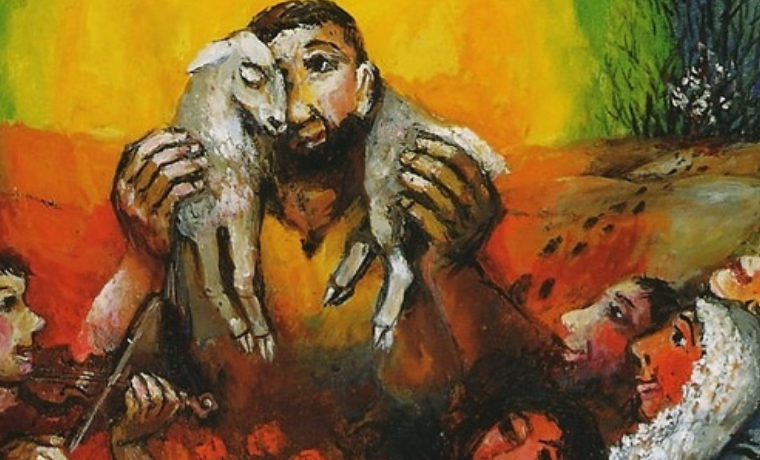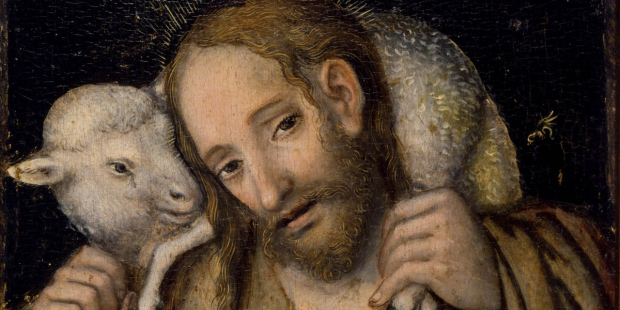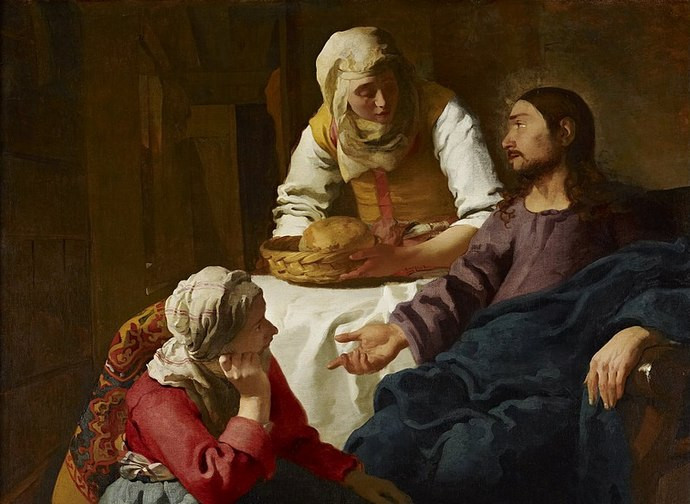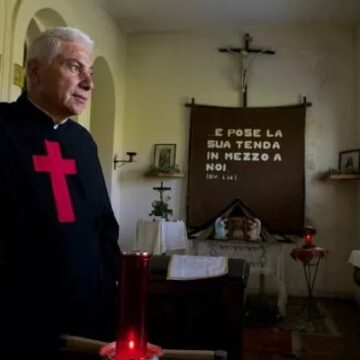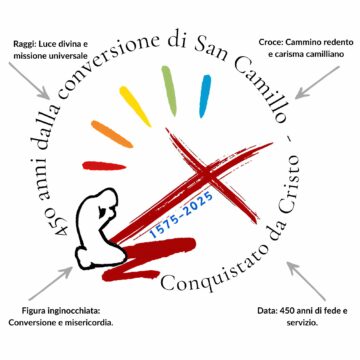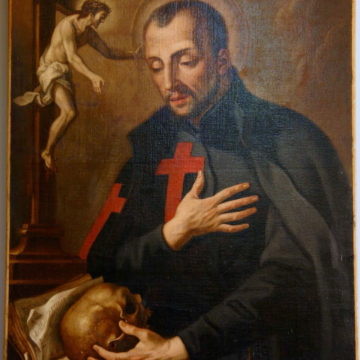Sunday Homily by Rev. Fr. William Eronimoose MI (Camillians)
In the 1st Reading from Exodus 22:20-26 God is making clear how seriously He takes the way we treat our neighbours. We see that love of neighbour includes loving foreigners (or migrants), widows, orphans, and poor. The Lord calls us to love them in action. We should welcome them, treat them with respect, and provide for their needs. The foundation for the love of neighbour is nothing but our experiences of being as foreigners (being strangers), widows (being utterly helpless), orphans (being abandoned) and poor (being in want).
In today’s second reading from 1 Thessalonians 1:5c-10, we learn the love of God from the Christian community of Thessalonica. Their love of God was expressed in their faith through which they suffered great affliction. They were seriously persecuted for their faith in God. As a result, the faith was spreading. This phenomenon of persecution was stated succinctly by the Church Father Tertullian in saying, “The blood of the martyrs is the seed of the Church.”
In today’s Gospel Reading from Matthew 22:34-40, we have the profound teaching moment in which Jesus gives us the two greatest commandments from 670 laws. Jesus who has come to fulfil the laws shows us the purpose and ultimate meaning of all those laws: love. But what is love? In our society, love is too often merely equated with emotion, sentiment, or being nice. With the love of God and of neighbour, Jesus asks us to go beyond emotions, sentiments or niceness. Instead, He calls us to love God and of course our neighbour with all our heart, soul, and mind. In other words, He wants us to love Him/neighbour with everything we are.
From the 1st reading we find the love of neighbour; from the second reading we find the love of God. Jesus in the Gospel, while answering to the question “Which is the greatest commandment?” replies the love of God as the greatest one and adds the love of neighbours as yourself as the second one.
Thus, both the love of God and the love of neighbour go hand in hand in the logic of Jesus. But what is the love of God and the love of neighbour?
The love of God is the ascending love and the love of neighbour is the descending love that automatically flows from the love of God. One cannot exist without the other.
Pope Benedict XVI in Deus Caritas Est in #7 speaks about “love” in terms of ascending and descending dimensions, that is, ascending love and descending love. To speak about these both dimensions of love, he cites the example of Moses who entering into the Tent of God contemplates God face to face (loving God – ascending love) and getting strengthened by God comes out of the Tent to take the burden of the people (loving the neighbour – descending love). The Pope Emeritus also in this regard refers to St. Paul who being taken up to the third heaven in his ascending love (love of God) and becoming all in all in his descending love (love of neighbour). More concretely, the Pope refers to the Pastoral Rule of St Gregory the Great in which the Saint invites all the pastors to be full of love of God and love of neighbour: “The good pastor must be rooted in contemplation. Only in this way will he be able to take upon himself the needs of others and make them his own.”
What is an ascending love? It can only be explained vividly and concretely by those who live that love. It cannot be explained abstractly to anyone who has not had any experience of that. Moses, Jacob, St. Paul, St. Gregory the Great, later many Saints like St. Theresa of Child Jesus, St. Theresa of Avila, St. John of God, etc., who could prove in themselves such kind of ascending love because they lived that love. The greatest commandment of the love of God is concretely manifested in the lives of those who concretely live that love. How one can understand this ascending love is how one starts living that love concretely in one’s life.
Then, what is a descending love? It is something that flows from this ascending love:
- Commitment to people flows from the contemplation of God in the Tent, that is, Jesus;
- Community and fraternal living is possible only when we are in communion with the Triune God;
- That all are children is possible only when God is loved as our Father and Mother;
- That all are brothers and sisters (Pope Francis, Fratelli Tutti) is possible only when Jesus is loved as the unique Brother of all;
- Inclusiveness, universal solidarity, fraternal charity, acceptance and recognition of everyone beyond any label and fixation is possible only when one experiences God’s inclusiveness and universality;
- Ordinary ministries of running schools, hospitals, parish works, homes for the aged, hospices, care centres, social works, pastoral activities, family apostolate can very well be lived out only when there is an extraordinary ministry of serving God first;
- Servant and serving leaders are possible only when they serve God first and then those who are entrusted to their care;
- Human fragile situations can be removed when humans are seen with the Eyes of Jesus;
- That you will be today in paradise is possible only when one becomes the candidate for paradise already on this earth and helping others to become the same;
- Irresponsible behaviours can be removed when humans behave as responsible God’s stewards.
Martha’s life is the expression of Mary’s sitting at the foot of Jesus. As the body is the expression of the spirit within each one of us, so the descending love is the expression of the ascending love. As the spirit animates the body to be God’s children and to do the works of the Spirit, so is the ascending love that animates the person to be and to do the works of God. As prayer is the movement of the Spirit, so is the work that is the movement of faith in God.
The ascending love is lived in descending way only when there is an involving love. This involving love was fully lived in Jesus. Therefore, He invites to follow him and to get involved like him in loving the humanity to the full. He invites us to get involved in the love of God only when we get involved in the love of neighbours: to love the strangers, the windows, the orphans, to lend money without interest, and to give back the cloak to the poor as it is indispensable for him (1st reading).
Jesus invites everyone individually to get involved in the sad situations of humanity: not to add pathetic situations to the pathetic situations but to remove those situations. This removal should be carried out by every community, every Church, every association, every institute as it is an invitation for all which may bring suffering and pain (2nd Reading).
As a conclusion I can say
- Ascending love, descending love, involving love is the invitation of Jesus to us today;
- God should be loved first; and neighbours should be loved as the result or the flow of the love of God;
- Love of God and love of neighbours should not be in mere words but should get involved in action in loving God and in loving one’s neighbour.


